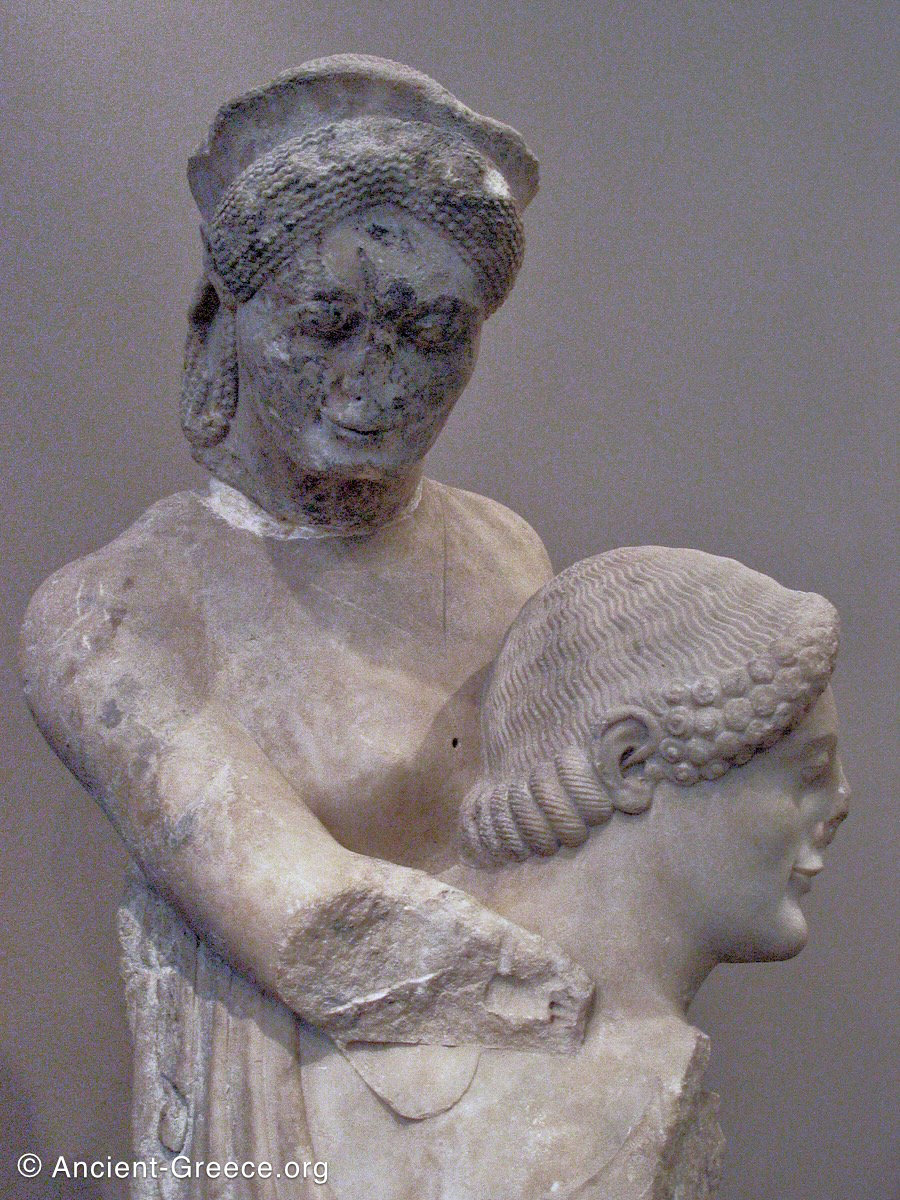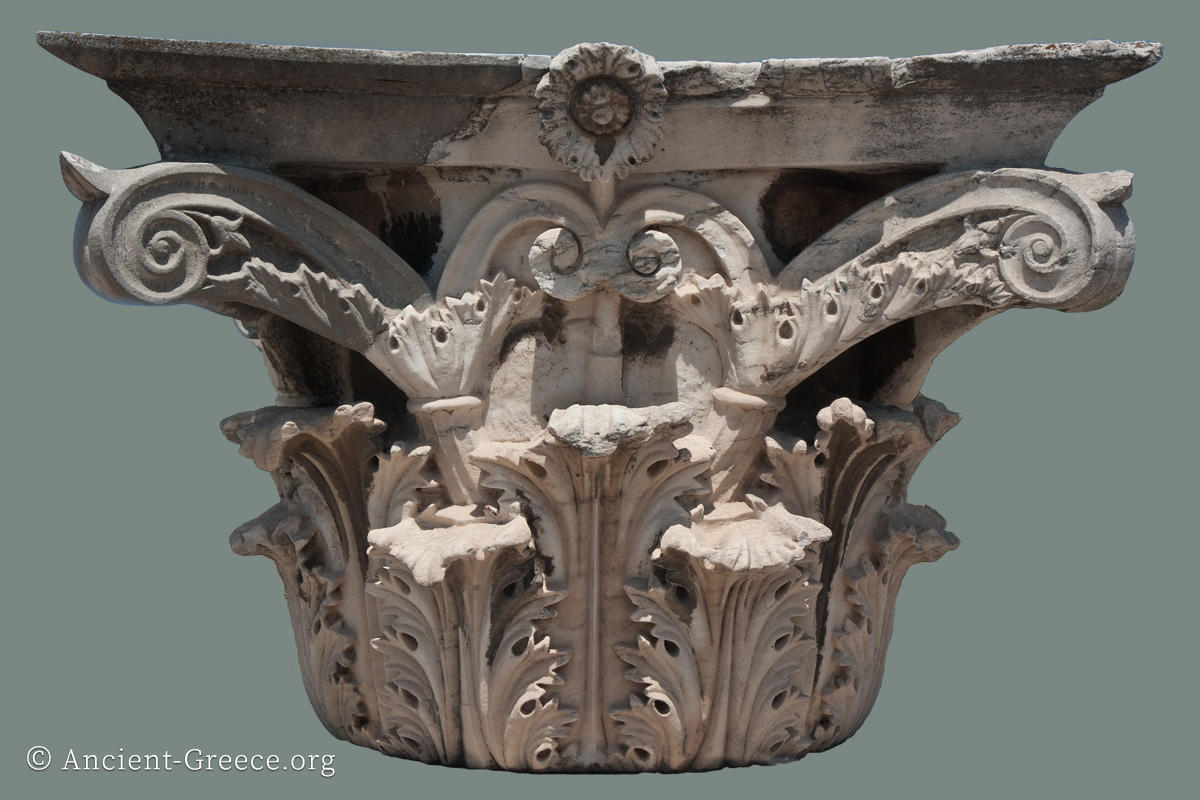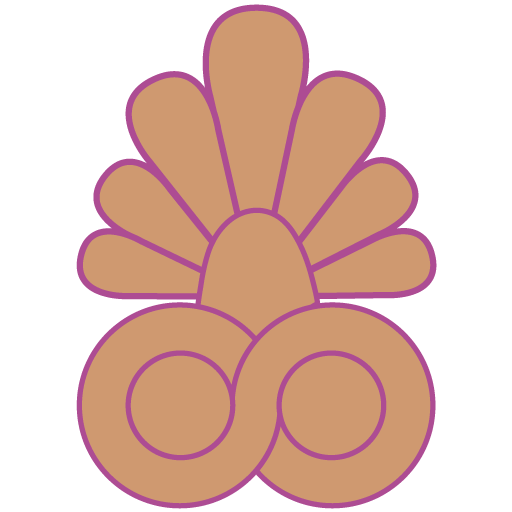
On this page:
Antiope
ANTIOPE, to whom Zeus appeared under the form of a satyr, was the daughter of Nicteus, king of Thebes.
To escape the anger of her father she fled to Sicyon, where king Epopeus, enraptured with her wonderful beauty, made her his wife without asking her father’s consent. This so enraged Nicteus that he declared war against Epopeus, in order to compel him to restore Antiope.
At his death, which took place before he could succeed in his purpose, Nicteus left his kingdom to his brother Lycus, commanding him, at the same time, to carry on the war, and execute his vengeance.
Lycus invaded Sicyon, defeated and killed Epopeus, and brought back Antiope as a prisoner. On the way to Thebes she gave birth to her twin-sons, Amphion and Zethus, who, by the orders of Lycus, were at once exposed on Mount Cithaeron, and would have perished but for the kindness of a shepherd, who took pity on them and preserved their lives.
Antiope was, for many years, held captive by her uncle Lycus, and compelled to suffer the utmost cruelty at the hands of his wife Dirce. But one day her bonds were miraculously loosened, and she flew for shelter and protection to the humble dwelling of her sons on Mount Cithaeron.
During the long period of their mother’s captivity the babes had grown into sturdy youths, and, as they listened angrily to the story of her wrongs, they became all impatience to avenge them. Setting off at once to Thebes they succeeded in possessing themselves of the town, and after slaying the cruel Lycus they bound Dirce by the hair to the horns of a wild bull, which dragged her hither and thither until she expired. Her mangled body was cast into the fount near Thebes, which still bears her name.
Amphion became king of Thebes in his uncle’s stead. He was a friend of the Muses, and devoted to music and poetry. His brother, Zethus, was famous for his skill in archery, and was passionately fond of the chase. It is said that when Amphion wished to inclose the town of Thebes with walls and towers, he had but to play a sweet melody on the lyre, given to him by Hermes, and the huge stones began to move, and obediently fitted themselves together. The punishment of Dirce at the hands of Amphion and Zethus forms the subject of the world-renowned marble group in the museum at Naples, known by the name of the Farnese Bull.
From: Berens, E.M. The Myths and Legends of Ancient Greece and Rome. New York: Maynard, Merril, & Co., 1880. Text in the public domain. (33)




